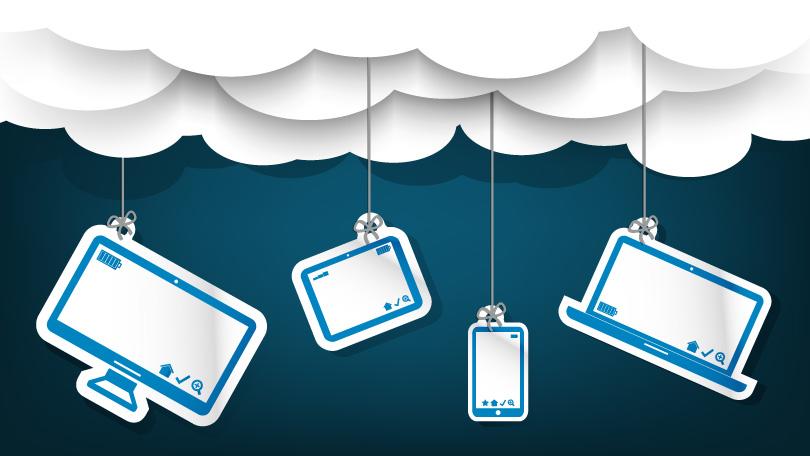23
Jun 2020
Hi, I’m Dropbox
A knock at the door drags me from my spot on the couch after a marathon of Mr. Robot plays out in front of me. A face I’ve never seen before through the tiny windows that flank my front door, but he looks friendly enough.
“Hi, I’m Dropbox”
With an exaggerated wave, the guy in front of me is obviously a sales rep of some sort. He’s incredibly friendly, beaming like a recent convert.
“I’d like to offer you something, and before I tell you what it is, just know that most of your friends are already on board, so all you have to do is ask around to find out how easy it really is.”
He stands there, an open-mouth smile suggesting it’s already too good to be true. Without pause, he continues.
“I have here, a little envelope with your name on it, so we know it’s just for you and nobody else. Anything in this envelope can’t be seen by anyone else, so it’s totally safe. Your friends are keeping all of their important paperwork in this envelope to protect it. What if your house suddenly crashed to the ground, or worse yet, what if a burglar managed to sneak in and steal your important documents that we know most people keep in a filing cabinet?”
His tone changes, becomes more hushed. Here comes the sell.
“After all, keeping all your stuff at my place is way more secure. I promise.”
Detach from the narrative above long enough and you’ll realize that a strange company offering to do all of this for you for free, standing on your doorstep is a stretch. Remove the physical and we’ll gladly shovel our pictures, personal messages and these days, everything else into companies just like Dropbox. Of course, I’m not suggesting the real problem is the companies that provide these services. We’ve been meticulously tricked. Oversharing – that’s the real culprit.
Perhaps it’s because we can’t hold them in our hands, but our data contains information about us that we have to become more adept at protecting. Our locations, our conversations and our preferences have all become commodities, traded on the global market. When most of the people I know are faced with a conversation surrounding the devices they carry with them, they recoil; “I’m not a techy person, I don’t know.”
I’ve got some harrowing news for you, smartphone carrying public – yes, you are a techy person. You’re carrying with you an instant link to the entire collected knowledge of our species. You have more capable, usable technology in your pocket than could be fathomed by the world’s brightest scholars, only a short skip back in history. As we’ve been told before, power means responsibility and this time, the onus is on the user.
We have to be stewards of our data. Precious bits and bytes that seem to slip through our grip on social media and e-mail services. We have to be responsible for educating ourselves on the realistic risks that exist around us. In the very same ways that we lock our doors to prevent unwanted guests in our houses, we need to seek out the tools and techniques to do so for our online homes as well.
There’s a fine balance between absorbing the technological advances we’ve made into your life and just blindly, wildly letting them overrun you. In a world where time becomes a valuable commodity, the improvements to our tech should make life easier, but be weary of those that promise to do it for free. After all, if you’re not paying, you’re the product. Before you accept the next Terms of Service, you might be well suited to actually read it, but then again, who has time for that?
